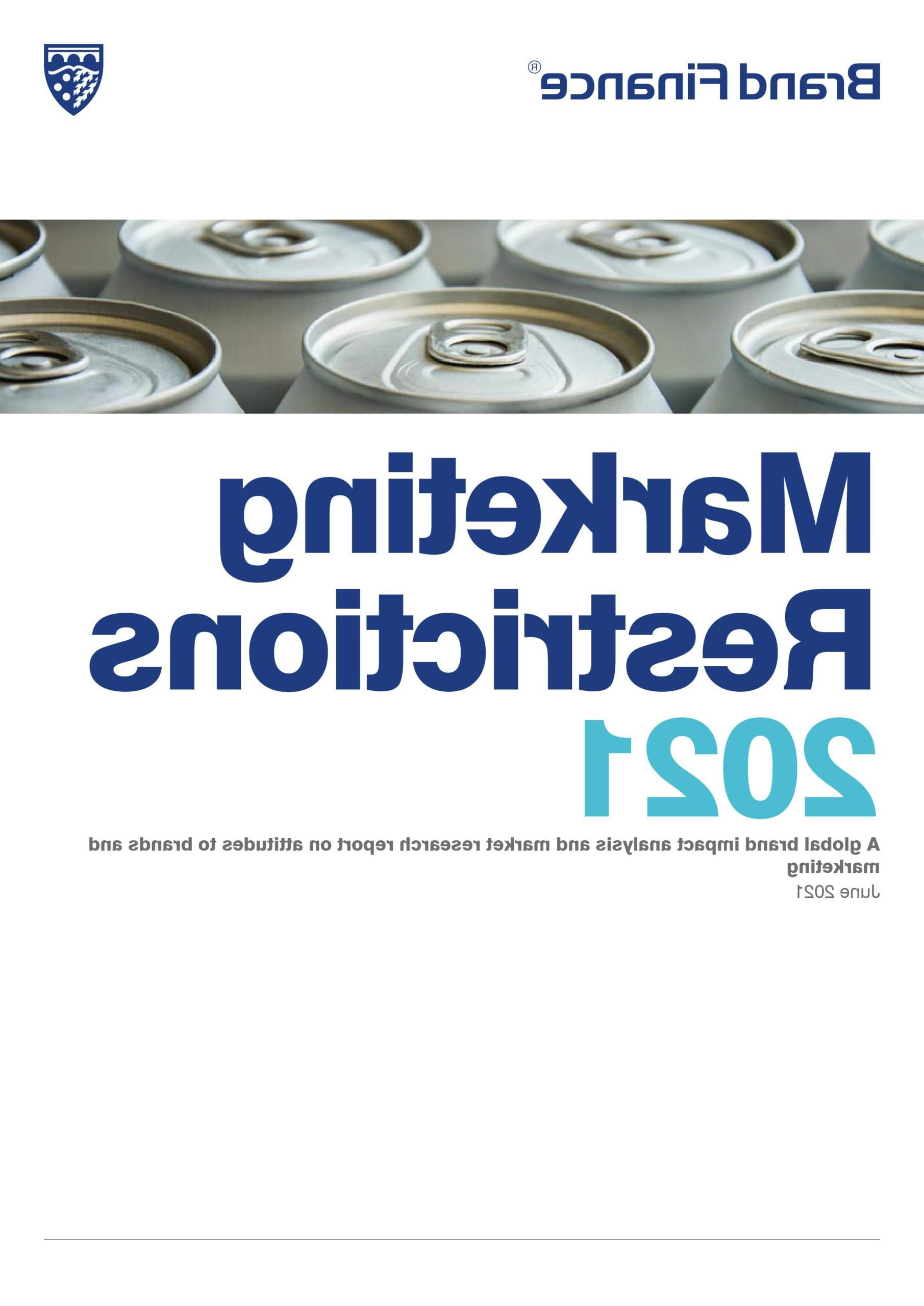Entrevista com Roger Wang

Presidente, Instituto de Marketing de Cingapura
Financeiros de marca produziram várias relatórios sobre restrições de marketing e, mais especificamente, embalagens simples, onde procuramos o impacto econômico dessas restrições sobre as marcas e as empresas. Você tem a sensação de que o número crescente de restrições de marketing está tornando mais desafiador para as empresas criarem valor da marca?
Os consumidores ainda optarão por sua marca específica de cigarros; Eles não mudam apenas porque não há marca na embalagem. Estou muito duvidoso sobre se os regulamentos funcionam. Com toda a honestidade, não se trata da própria marca de cigarros, mas de educar o público sobre a prejudicação do fumo. Embora eu não tenha estudos empíricos sobre isso em questão, suspeito que a própria campanha não ajude a interromper os fumantes atuais. Eu acho que indústrias ou produtos altamente regulamentados sufocam o espírito e a criatividade empresariais. Educar os consumidores sobre como fazer a escolha correta é muito melhor do que parar com a criatividade na esfera de marketing. Reconheço o fato de que certas indústrias precisam ser regulamentadas, mas, em vez de implementar as leis draconianas, a educação deve desempenhar um papel maior. Eu acho que essa é a minha mensagem principal: educar o consumidor é o mais importante. Então, qual é o papel e o objetivo das marcas? Se você tivesse que defini -lo em uma ou duas frases. As embalagens simples servem a esse papel? Eu acho que essa é uma pergunta importante. Vejamos isso da perspectiva da fabricação de produtos - medicamentos genéricos, por exemplo. Aqui, a indústria é capaz de reduzir o preço dos medicamentos, melhorando a acessibilidade para comunidades economicamente desafiadas, o que é obviamente uma boa causa. Quem gostaria de investir em pesquisa e desenvolvimento quando a concorrência é sufocada por causa da embalagem simples? Como esses fabricantes lucrariam com seus investimentos? Isso também afetaria a descoberta de medicamentos novos e aprimorados, que seriam prejudiciais para a sociedade como um todo. É destrutivo para a reputação de um negócio, porque as falsificações estão facilmente disponíveis no mercado devido à falta de identificadores -chave. Penso que, como profissionais de marketing, precisamos ser mais criativos para transmitir nossas mensagens de uma maneira mais prática. Veja a comunicação com os consumidores usando outros aspectos da associação da marca. Se o produto não estiver prejudicial, não acho que alguém deva sufocar a criatividade quando se trata de marca. Eles devem deixá -lo nas mãos do fabricante e do consumidor. Como eu disse, a marca é um diferencial importante, ajuda a diferenciar os produtos. Se não tivermos uma marca forte, a escolha do consumidor será sufocada. Isso por si só pode criar ou quebrar um produto ou empresa em termos de ativos e valor. Os profissionais de marketing são capazes de ver proativamente essas restrições chegando ao seu caminho ou são completamente pegas de surpresa?
A large aspect of educating society should fall within the regulatory body of the industry. I think highly regulated industries or products stifles entrepreneurial spirit and creativity. Educating consumers on making the correct choice is far better than putting a stop to creativity within the marketing sphere. I do recognise the fact that certain industries need to be regulated, but instead of implementing draconian laws, education should play a larger role. I think that is my key message: educating the consumer is what is most important.
So, if you have a preferred brand, marketing restrictions – such as plain packaging – wouldn’t really impact your choice? Then, what is the role and purpose of brands? If you had to define it in one or two sentences.
Brands are supposed to be a differentiator, an identifying factor for uniqueness. Does plain packaging serve that role? I think this is an important question. Let’s look at it from the perspective of product manufacturing – generic drugs, for example. Here, industry is able to bring down the price of medication, improving affordability for economically challenged communities, which is of course a good cause.
However, if you look at it from the perspective of the manufacturer, companies have invested a significant amount of money in building their brands, and there must be certain returns. Who would want to invest in research and development when competition is stifled because of plain packaging? How would those manufacturers profit from their investments? This would also impact the discovery of new and improved medication, which would be detrimental to society as a whole.
What are some other areas where you might see these kinds of brand or trademark restrictions, and how do you think marketeers should handle these?
Regulatory bodies are certainly going after things they consider vices like cigarettes, and probably cigars and alcohol in the future. It’s destructive to the reputation of a business because counterfeits are very easily available in the market due to key identifiers being missing. I think as marketeers, we just have to be more creative in getting our messages across in a more practical way. Look at communicating with consumers using other aspects of brand association.
Do you think governments and authorities have the right to interfere with how a company uses their trademark?
It all depends on the product and how it impacts society. If the product isn’t damaging, I don't think anyone should stifle creativity when it comes to branding. They should leave it in the hands of the manufacturer and consumer. Like I said, branding is an important differentiator, it helps tell products apart. If we don't have strong branding, then consumer choice is stifled. That in itself can make or break a product or company in terms of assets and value.
The tobacco industry is already facing these marketing restrictions and we could potentially see them starting to impact other industries soon, with some already in the firing line, for example the alcohol sector. Are marketeers able to proactively see these restrictions coming their way, or are they completely caught off guard?
Compreendendo o ambiente de negócios é da maior importância. Obviamente, como profissionais de marketing, primeiro fazemos uma análise de pestel para analisar o impacto de fatores políticos, econômicos, sociais, tecnológicos, ambientais e legais no ambiente de negócios. As empresas devem sempre estar cientes das ameaças em potencial em seus setores. Além disso, você precisa entender seu ambiente legal. As marcas não apenas falam muito sobre produtos, mas também falam sobre os consumidores que os usam. Sem marca, esse senso de identidade será perdido.
When it comes to marketing restrictions, unless companies are able to lobby for certain laws to be revoked, the power actually falls with the consumer and whether they are compelled to bring certain laws before the regulatory department. Brands not only tell a lot about products, they tell a lot about the consumers using them. Without branding, this sense of identity will be lost.
